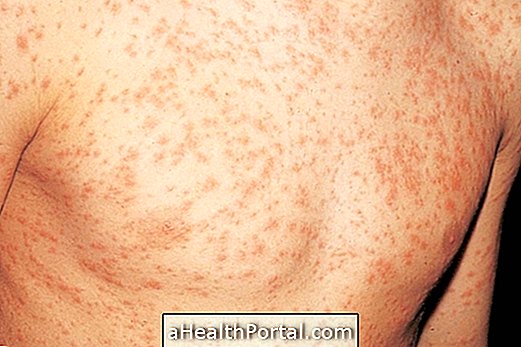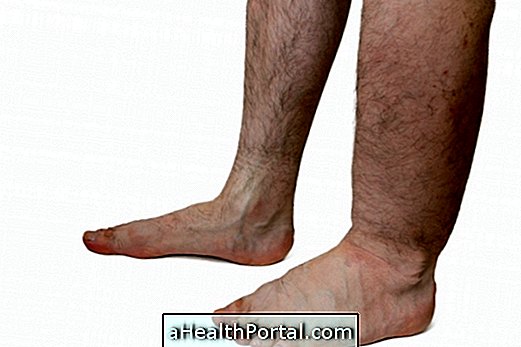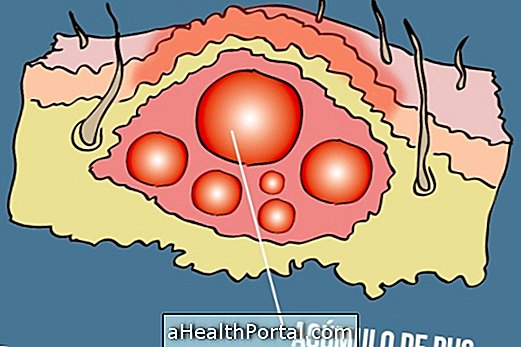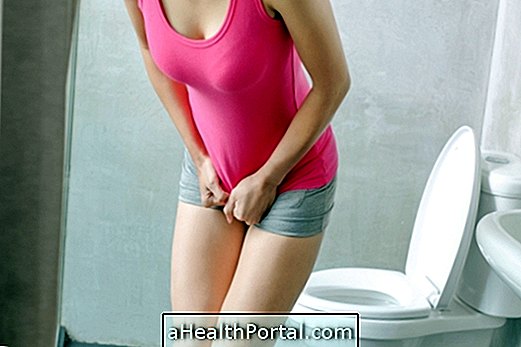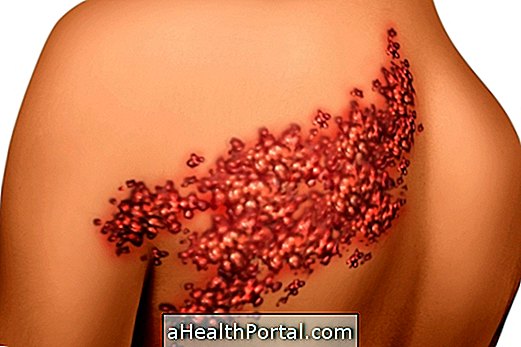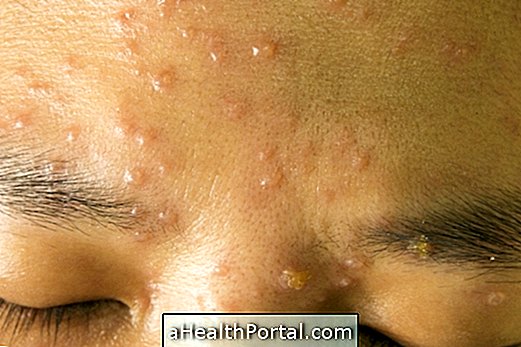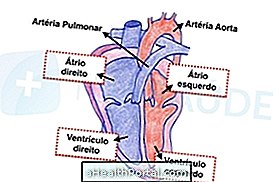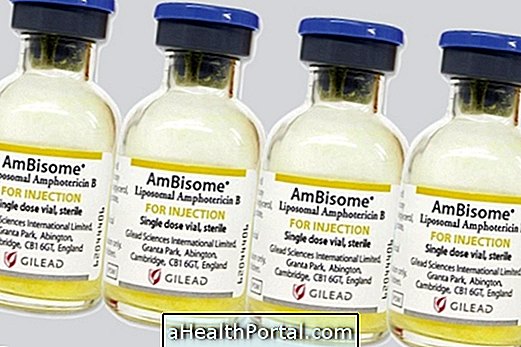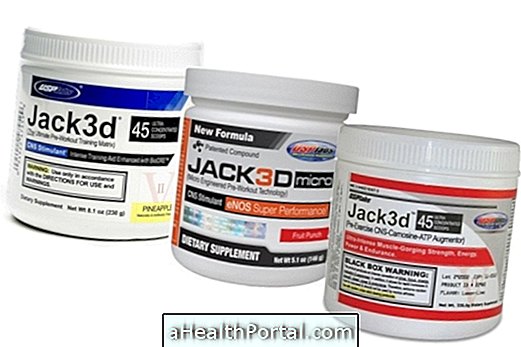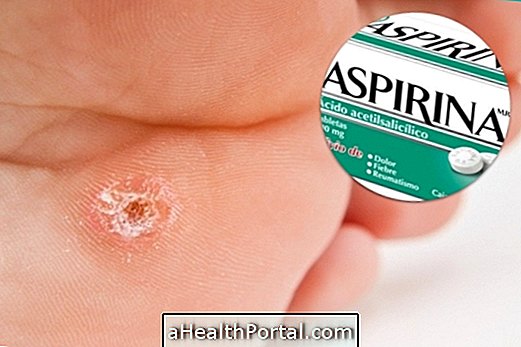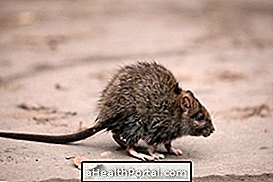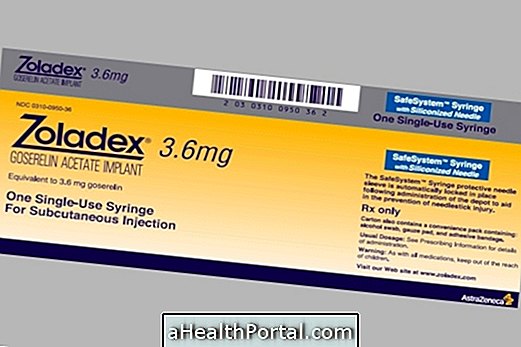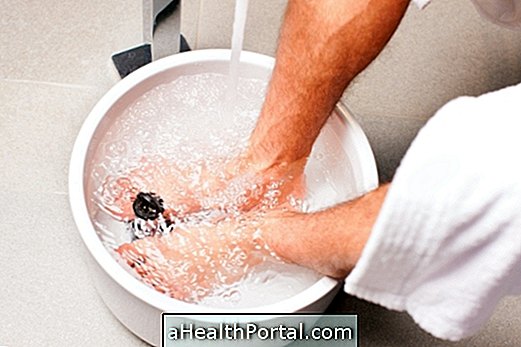Cystitis is an infection usually caused by the E. coli bacteria , which migrate from the intestine to the urethra and its symptoms include urgency to urinate, pain and burning when urinating and its treatment can be done with the use of natural remedies or antibiotics prescribed by the doctor.
Honeymoon cystitis is one that is usually caused by the rise of bacteria from the vagina itself to the bladder due to several small lesions in the urethra due to the repetitive sex act. Drinking lots of water and peeing after intercourse may be enough to beat this bad, but if the discomfort persists, you should consult a doctor.
Interstitial cystitis, also called inflammatory bladder disease, causes symptoms such as severe pain in the abdominal region, the causes of which are not fully understood. Your treatment can be done with the use of medications such as hyaluronic acid, heparin, sodium pentosan polysulfate, amitriptyline, hydroxizine and cyclosporin under medical supervision.
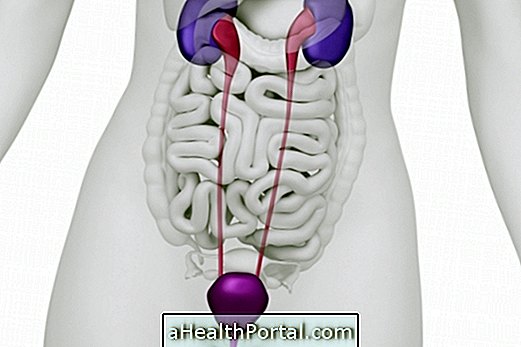
What are the symptoms
Symptoms of cystitis are usually:
- Pain in the bladder, located slightly above the pubic area;
- Blurred urine or urine with blood;
- Frequent and urgent desire to urinate, but with little urine at a time;
- Burning or burning while urinating;
- More frequent nocturnal urination.
When the patient has pain in the back region, the kidneys may be affected. The diagnosis of cystitis can be made through the urine examination requested by the general practitioner.
Possible causes
The causes of cystitis are related to contamination of the bladder with bacteria coming from the vagina or the intestine itself. Some situations that may favor the installation of cystitis are:
- Excessive intimate contact;
- Poor local hygiene, cleaning from back to front;
- Low urine output caused by poor water intake;
- Little space between the urethra and the anus, in this case would be an anatomical defect;
- Abnormal connection between the bladder and the vagina, a condition known as vesicovaginal fistula.
In man, the most common cause of cystitis is persistent bacterial infection of the prostate and it can rarely occur due to an abnormal connection between the bladder and the intestine called vesicle-enteric fistula.
How is the treatment done?
Treatment for cystitis can be done with the use of antibiotic medicines prescribed by the doctor such as Ciprofloxacin, Amoxicillin, Doxycycline or Sulfametazol-trimethoprim, which should be taken for 3, 7 or 10 days. In addition, antibiotic intake should be associated with pain medications, such as phenazopyridine hydrochloride, and home remedies with a diuretic effect with Copaiba Oil, for example, that complement the treatment. Learn more about Copaiba Oil.
Another good example of a home remedy for cystitis is a 3-liter vinegar bath with vinegar, where it is necessary to wash the genital area and make this bath a daily basis for 20 minutes. Get to know other home remedies used to treat cystitis.
In addition to drug treatment, it is important to drink at least 2 liters of water per day and consume diuretic foods, such as watermelon and celery, for example. Chronic cystitis appears to be resolved with the use of botulinum toxin in the bladder. Learn more about Cystitis Treatment.
Cystitis in pregnancy
Cystitis in pregnancy may be more frequent because at this stage the woman has a natural compromise of the immune system. Cystitis in pregnancy generates the same symptoms as mentioned above and can be treated with the use of home remedies and increased water intake. Check out some great choices in Tea for Cystitis.
